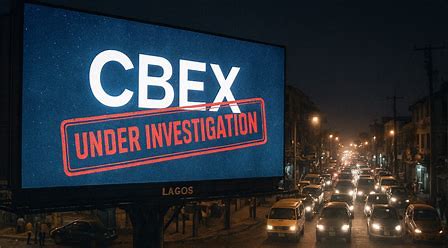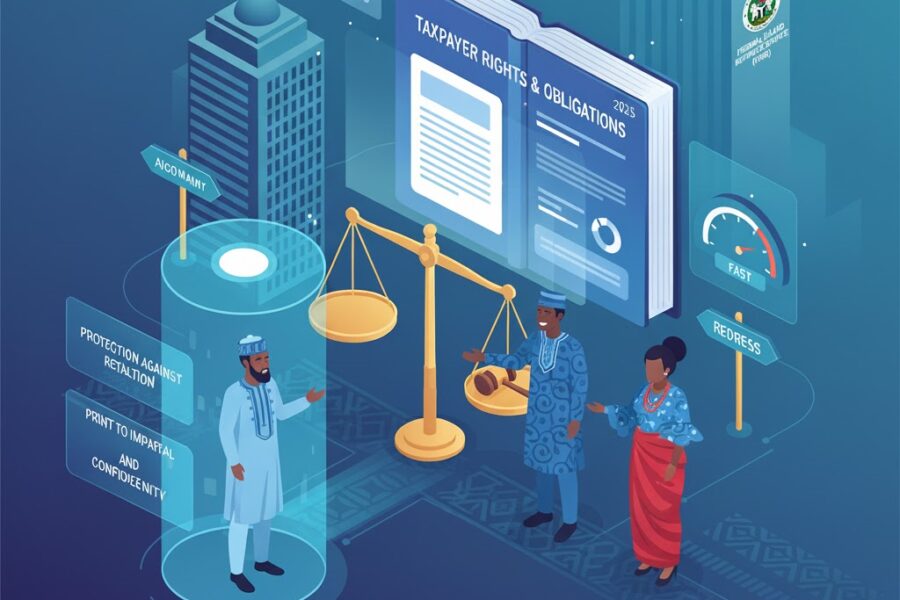The CBEX Collapse: Understanding Nigeria’s Latest Ponzi Scheme Disaster and Its Legal Implications
A devastating financial scandal rocked Nigeria on April 15, 2025, when CBEX, a digital investment platform, suddenly collapsed, resulting in estimated losses of N1.3 trillion ($800 million) for investors. This incident has become one of the country’s largest Ponzi scheme failures, prompting investigations by the Economic and Financial Crimes Commission (EFCC) and highlighting the persistent challenge of financial fraud in Nigeria.
The Rise and Fall of CBEX
CBEX, which claimed to be a “Centralized Blockchain Exchange,” emerged in 2024, attracting investors with promises of high returns through AI-powered cryptocurrency trading. The platform required users to lock in funds for 40-45 days and imposed penalties for early withdrawals. By April 2025, the scheme imploded when withdrawals were suspended and account balances mysteriously dropped to zero.
The aftermath saw violent protests at CBEX’s Oke-Ado Ibadan office, requiring intervention from local police and the Western Nigeria Security Network (Amotekun). The platform’s operators allegedly converted investors’ funds to cryptocurrency and transferred them abroad, leading to a joint investigation by EFCC and Interpol.
Historical Context and Legal Framework
Ponzi schemes in Nigeria have a long history, with MMM being one of the most notorious cases that cost investors N18 billion ($49.3 million) in 2016. Since then, over 40 similar schemes have emerged and collapsed, including MBA Forex, which defrauded Nigerians of approximately N213 billion ($500 million) in 2021.
The legal framework addressing these schemes includes: – Section 67(1) of the Investment and Securities Act (2007), which prohibits unauthorized public investment solicitation – Sections 58(1) and 59 of the Banks and Other Financial Institutions Act (2004), requiring proper licensing for financial operations – Proposed legislation introducing 10-year minimum sentences for scheme promoters
Key Legal Precedents
Several court rulings have established that investors cannot legally recover funds lost in Ponzi schemes. In OCHEDI & ORS v. CBN & ORS (2018), the court held that transactions involving unlicensed financial businesses are illegal from inception and cannot be enforced by law.
Prevention and Protection
Financial experts recommend several protective measures: – Thorough understanding of investment details before committing funds – Skepticism toward promises of regular, above-average returns – Awareness of FOMO-based marketing tactics – Verification of proper licensing and registration – Strong digital security practices – Regular monitoring of investment platforms
Moving Forward
The CBEX collapse has prompted calls for stronger regulatory oversight and improved financial literacy programs. The Securities and Exchange Commission (SEC) is working with other regulatory bodies to enhance early detection and prevention of fraudulent schemes.
The incident serves as a stark reminder that despite existing legal frameworks and repeated warnings, Ponzi schemes continue to exploit regulatory gaps and financial desperation, highlighting the need for both stronger enforcement and public education about financial risks.







Leave a Comment